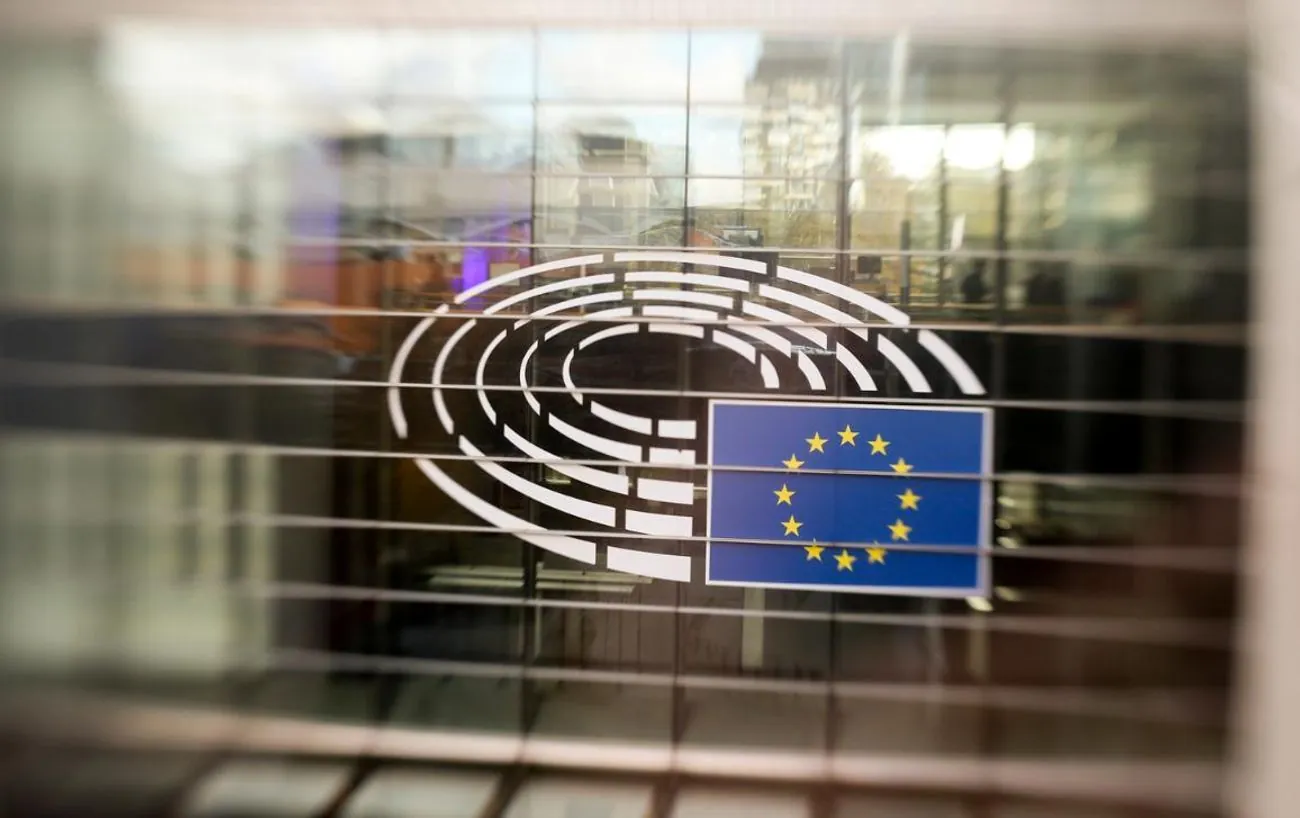“European Parliament considers accelerating phasing out Russian oil and gas – BloombergThe European Parliament is considering accelerating the phasing out of Russian oil and gas imports. This involves stopping oil
imports from 2026 and gas from 2027, according to amendments to the RePowerEU regulation.
”, — write: unn.ua
DetailsAccording to informed sources, the European Parliament’s industry committee is to vote on amendments to the so-called RePowerEU regulation, including an end to imports of Russian oil and petroleum products from the beginning of 2026 and a complete ban on gas supplies a year later.
GasThis move would combine the cessation of pipeline gas imports with the cessation of sea supplies, already envisaged in the proposed EU sanctions package. And while sanctions are temporary in nature, the RePowerEU initiative is a separate, long-term plan to finally reduce dependence on Moscow.
EU presented the 19th package of sanctions against Russia: it includes a ban on Russian LNG, affected oil, banks, crypto, trade, China and India19.09.25, 15:00 • 42262 views
A surplus is expected to begin in the global gas market in the second half of next year, reducing the risk that the EU’s refusal to supply gas will put pressure on supplies and lead to rising prices. This has helped to secure broad political support for a comprehensive and long-term break in relations with Russia after Russia’s invasion of Ukraine, the publication writes.
European gas traders are already betting on a price jump next summer – Bloomberg23.09.25, 14:08 • 2669 views
Initially, the European Commission proposed to stop Russian gas supplies by pipeline at the end of 2027. According to sources, the feasibility of an earlier gradual cessation of gas supplies has already been supported by members of several political groups in the European Parliament.
Under the amendments to the RePowerEU regulation introduced by the EU Assembly, new purchases will be banned from the beginning of next year, while existing short-term contracts will be exempt from restrictions until mid-June, and long-term contracts until January 1, 2027.
Oil and petroleum productsAt a vote scheduled for October 16, the committee will also seek a ban on Russian oil and petroleum product supplies from the beginning of next year. In its initial proposal, the European Commission did not set an exact date for phasing out oil supplies, obliging EU member states instead to prepare plans for supply diversification.
Currently, the issue of RePowerEU is being discussed in two parallel tracks: by the European Parliament and by the member states. After each side agrees on its position, negotiations with the European Commission will begin on finalization.
Although the EU has already significantly reduced its oil and gas purchases from Moscow since 2022, the bloc still receives about 15% of its liquefied natural gas from Russia, making the country the second largest supplier after the US, with a monthly bill of 500 million euros ($587 million) to $700 million.
The European Commission also plans to impose tariffs on the remaining imports of Russian oil that flow through the Druzhba pipeline to Hungary and Slovakia, if it is not gradually phased out. Budapest and Bratislava are in no hurry to diversify supplies and are blocking measures that they believe threaten their energy security.
Hungary and Slovakia, get ready: EU considers trade measures against Russian Druzhba pipeline – media20.09.25, 19:53 • 5425 views
According to Bloomberg’s estimates, in the first half of this year, the average volume of Russian oil supplies to Hungary and Slovakia via the Druzhba pipeline was about 220,000 barrels per day.
While the sanctions plan presented last month requires unanimous approval from the 27 EU member states, the RePowerEU initiative requires the support of a qualified majority in the Council of the EU and a majority in the European Parliament.
